External Affairs Minister S Jaishankar has said India is hopeful of reaching a bilateral trade agreement (BTA) with the United States before the suspension of President Donald Trump’s tariffs ends. The US announced 26 per cent “reciprocal” tariffs on Indian goods on April 2, with a 90-day pause period that will be lifted on July 9.
In an interview with the French daily Le Figaro, Jaishankar — who is on an official visit to Belgium and France till June 14 — said, “The threat of reciprocal tariffs was raised on April 2, but we had already begun bilateral negotiations for a trade agreement.”
“Prime Minister Modi was hosted by Donald Trump in February, and they agreed to expand access to each other’s markets. We are hopeful of reaching an agreement before the tariff suspension ends on July 9,” he said, when asked about Washington’s threat to New Delhi with 26 per cent tariffs, and the relations with the Trump administration.
Story continues below this ad
“For over a quarter-century, under five US presidents, our ties with the US have continuously strengthened. Structural forces—economic, technological, educational, scientific, strategic, military—are driving this relationship,” Jaishankar said, adding that from India’s perspective, “we see the US acting in line with its immediate self-interest” with the rest of the world. “To be honest, I would do the same with them,” the minister said.
A US trade delegation is in India for talks on various aspects of the proposed BTA and will conclude talks on June 10, as per officials. This came after the White House last week said the US had asked countries to make their best offers on trade negotiations by Wednesday, as the July 8 deadline for reciprocal tariffs is just five weeks away.
Jaishankar also spoke at length about military action between India and Pakistan, and how India views China’s support to Pakistan. He insisted that the issue is actually about terrorism, not Pakistan. “It has become an India–Pakistan issue because Pakistan harbours and supports terrorists (from Lashkar-e-Taiba). The conflict is between India and terrorism, not with a specific country,” he said.
“The most recent attack took place in Jammu and Kashmir (on April 22), but others have occurred elsewhere, like the 2008 Mumbai attacks. This is not a dispute with Pakistan over Kashmir—we simply have zero tolerance for terrorism,” he stated. “If terrorists attack India, we will hunt them down wherever they are, including in Pakistan.”
Story continues below this ad
On being asked about China’s support to Pakistan, Jaishankar said, “They have had close ties for decades. But on an issue like terrorism, you cannot afford ambiguity or double standards. In the end, it’s a problem that concerns all of us.”
On the future of India’s ties with China, which have seen a thaw in recent times with the border agreement and resumption of the Kailash Mansarovar Yatra, Jaishankar said, “Both our powers are rising quickly, so finding balance is a complex process. Our relations have gone through a difficult period since the 2020 military clash in the Himalayas. Many of our exchanges were suspended.”
“The key question for us is: how do we ensure peace and stability in the border areas? Without that, everything else is affected. I believe both sides think relations can improve step by step. We’ve discussed some measures, and others are under consideration—like the resumption of direct flights, suspended since Covid,” he said.
However, when asked about the Indian society experiencing “internal tensions”, with regard to its 200-million Muslim minority, Jaishankar said he didn’t agree with the premise of the question and that (perception) is “largely exaggerated, sometimes outright false”.
Story continues below this ad
“When it comes to diversity, we are very different from Europe. Here, nations are typically based on one language, often one religion. Uniformity is your natural state, and you struggle with diversity. But we have always lived amid diversity. For us, multiple languages, beliefs, ethnicities, and traditions are part of who we are. Religion is only one facet of our identity. That’s why I reject the premise of your question,” said the minister.














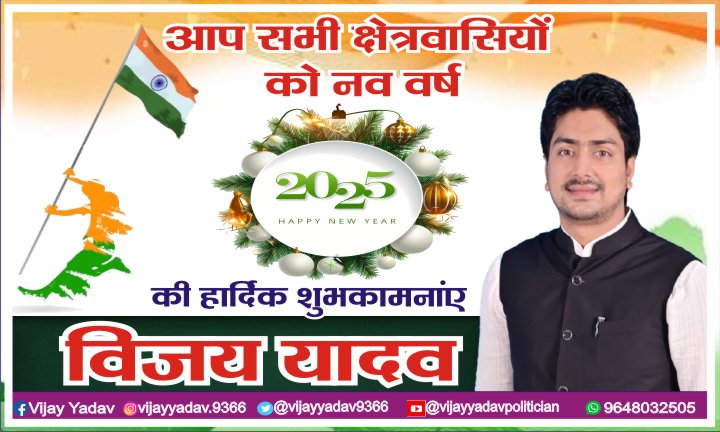

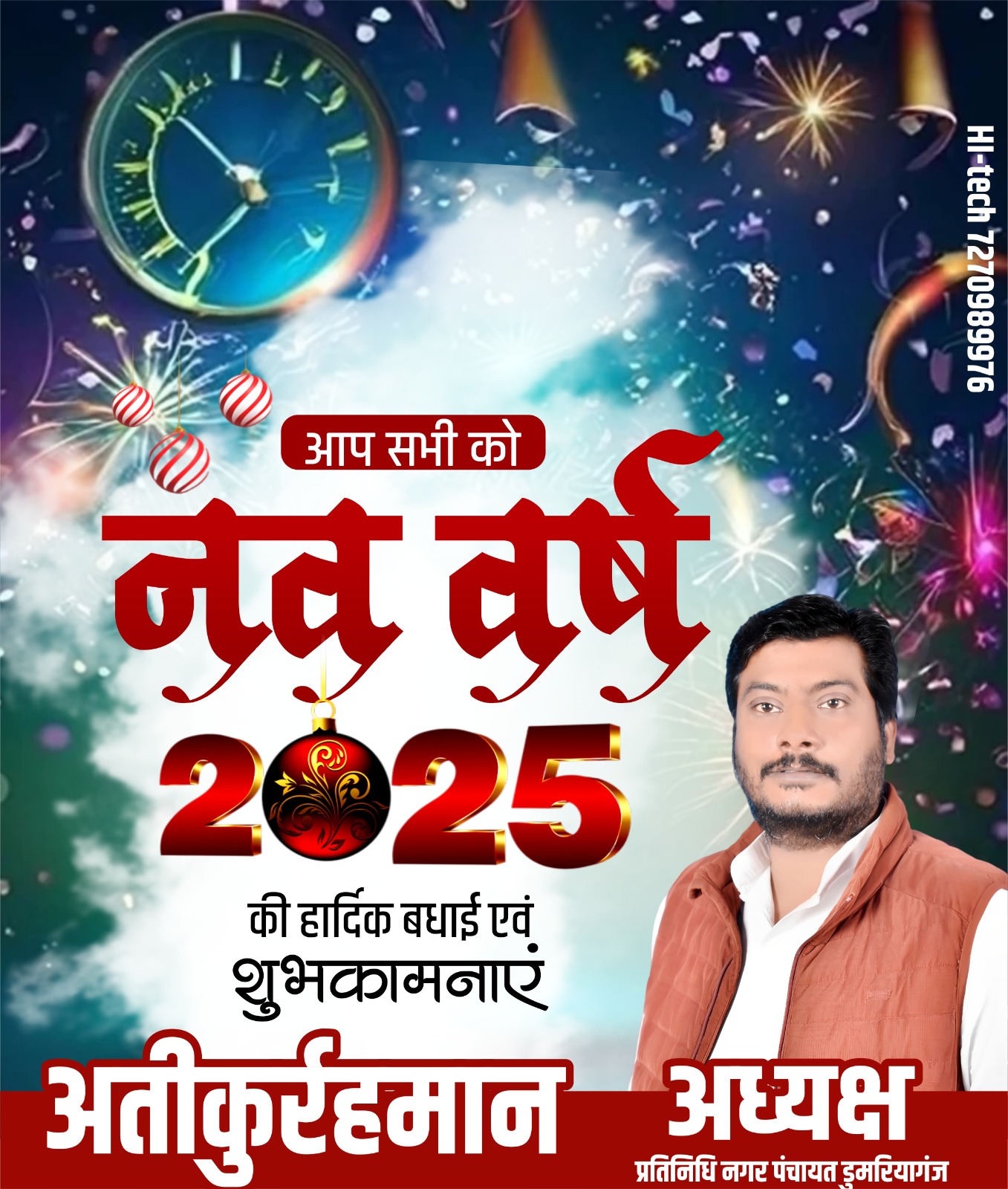
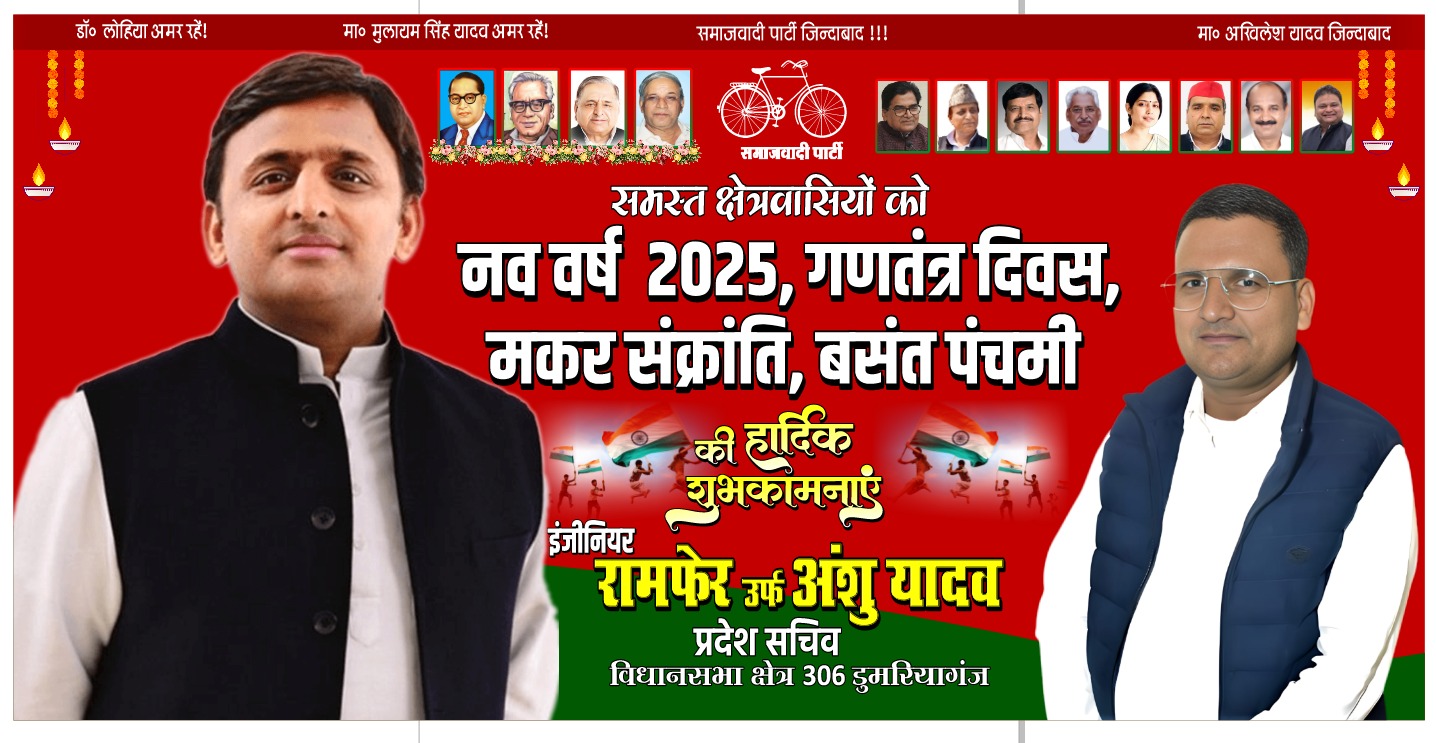
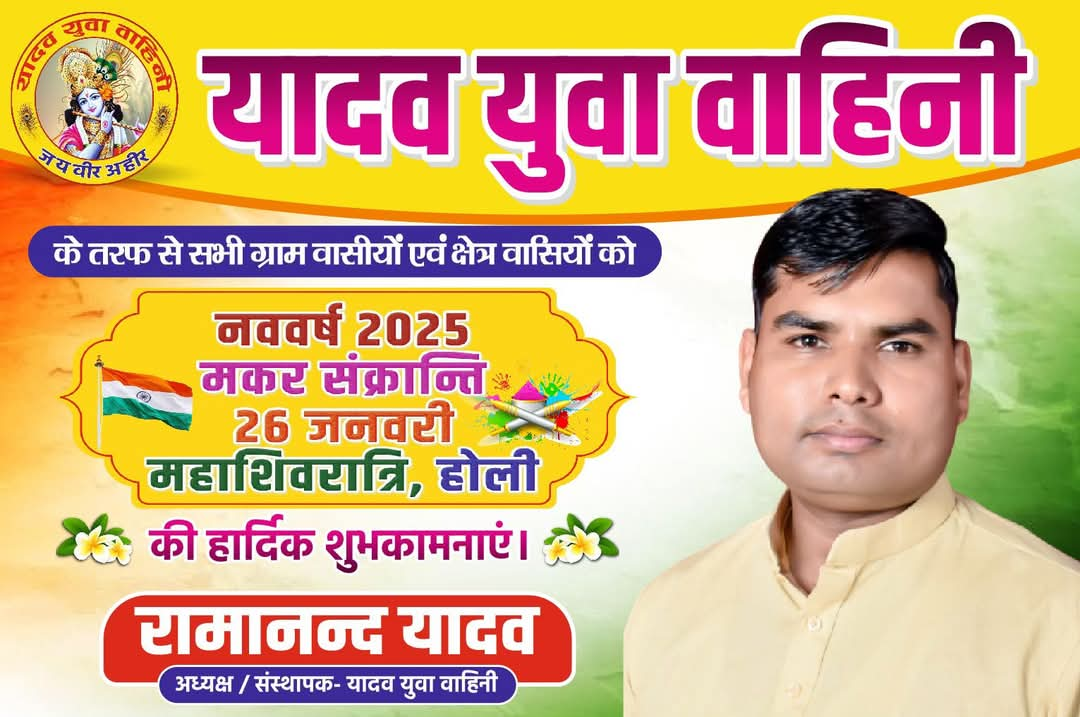
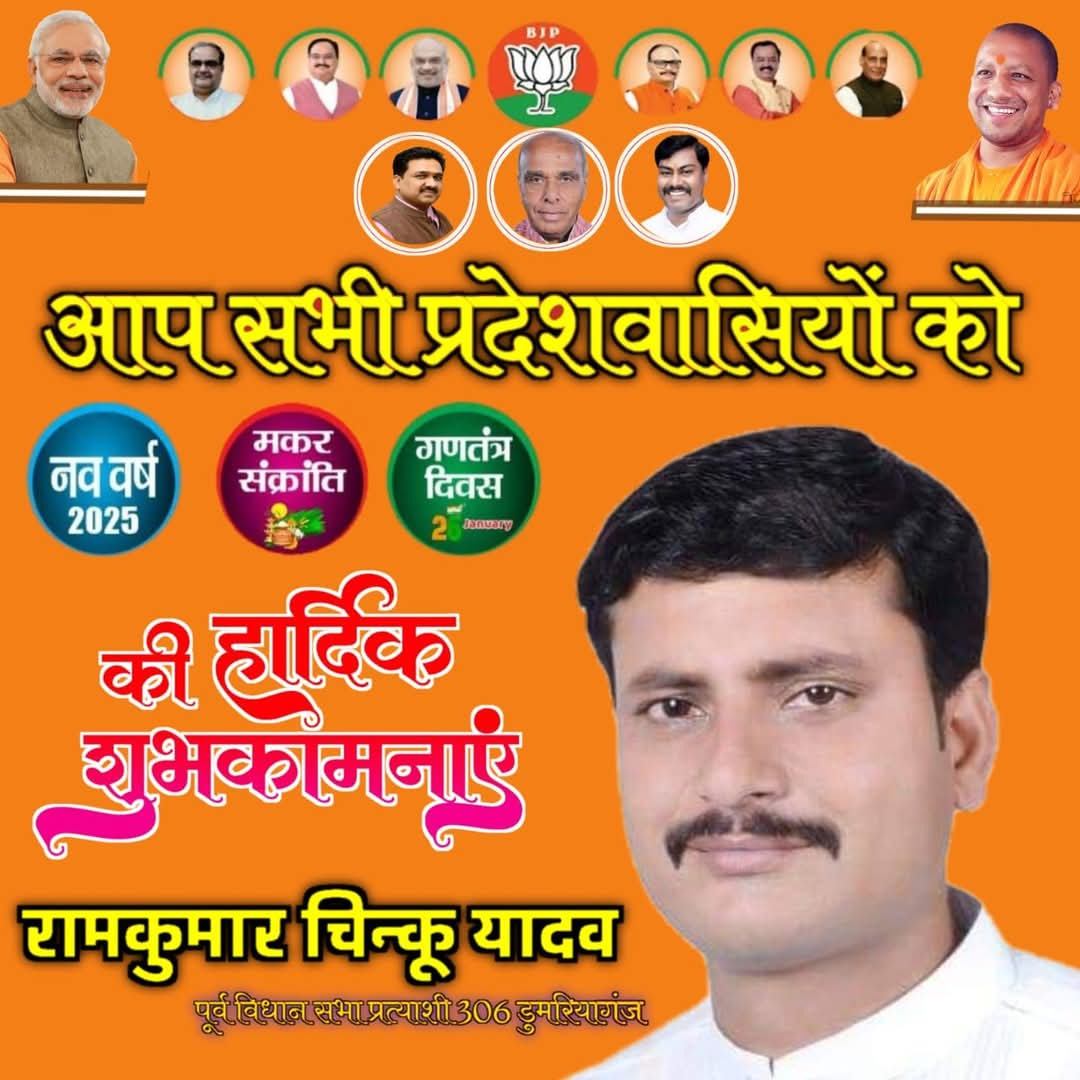

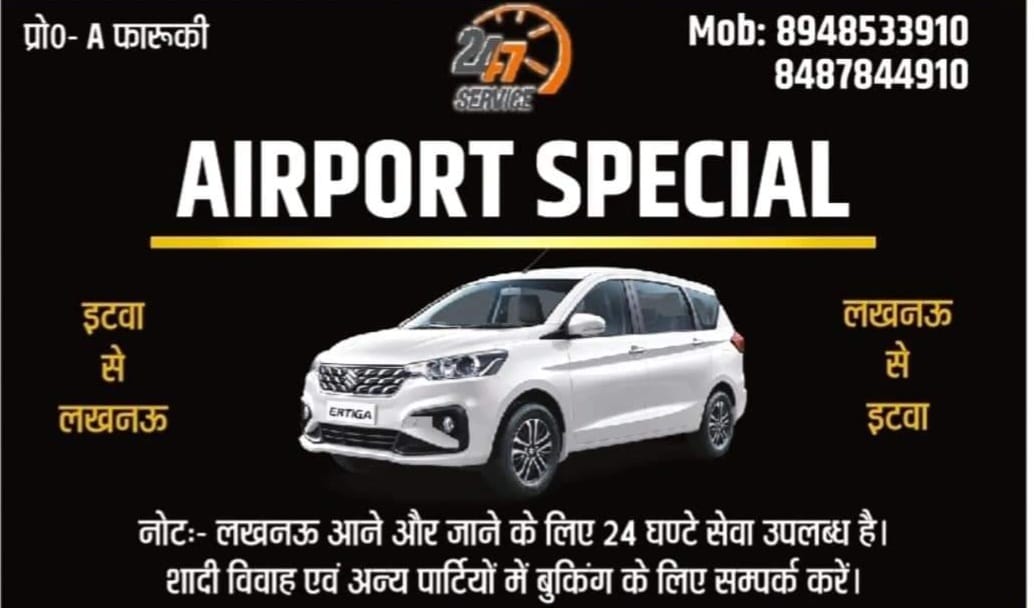



Ravi Shastri on Virat Kohli’s Test retirement: ‘If I had anything to do with it, I would have made him captain after Australia’